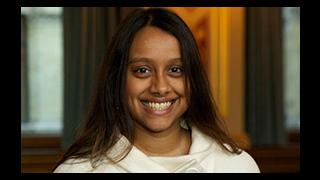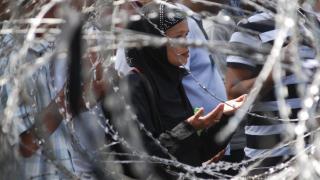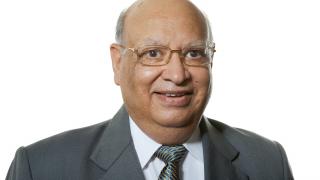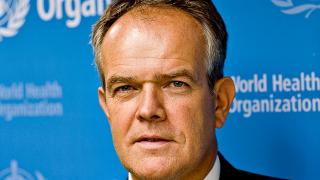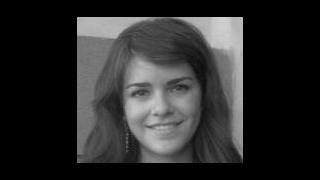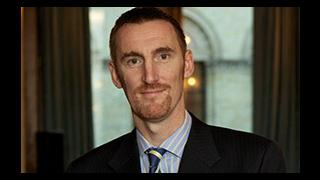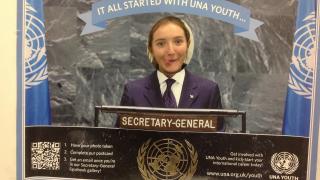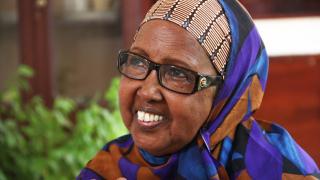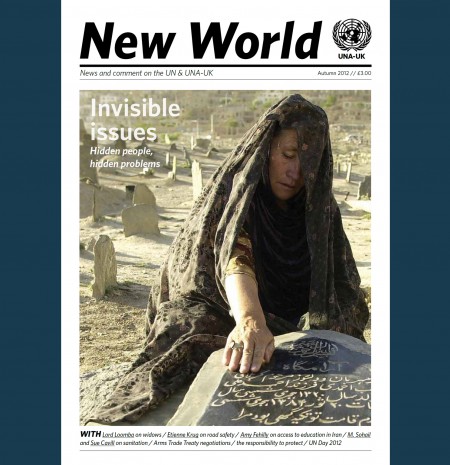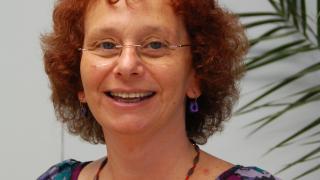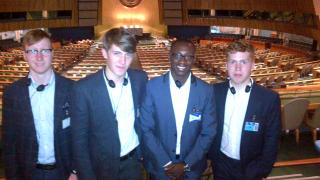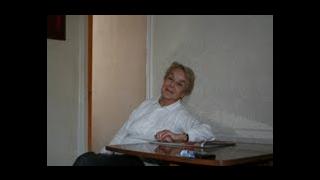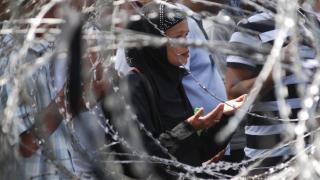
Sometimes the world seems like it’s going to purgatory at a steady lick; sometimes the Good Samaritan stories appear ascendant. The media focus on disasters rather than successes because they sell copy. But what is really happening? Is the glass filling or emptying?
Of course it is a bit of both in the tide of human affairs. Just as a warmer climate produces stronger storms, so intensive globalisation and the pace of cross-border interactivity can magnify the peaks and troughs of economic cycles and political change. Our institutions have neither the installed capabilities nor the adaptability to provide answers and leadership; and the diffusion of power among nations and within societies is redefining the legitimacy of those who try to command.
I visited Palestine and Israel in September and met with political leaders and youths in Gaza and the West Bank, and with members of an Israeli kibbutz >and college. The main political parties in Palestine are fast losing traction because they have achieved nothing for their people since the international recognition of the PLO and they are growing steadily more corrupt. “Time for new elections?”, I asked. “What’s the point,” was the response of the younger Palestinians, “when we have lost faith with the familiar faces and new candidates are beaten off the pitch? We are stuck in a prison we are paying for ourselves.” The head of the Israeli college, the closest to the Gaza border and most at risk of haphazard rocket fire, told me in his concretehardened office that his main objective was to teach his pupils that the people on the other side of the wire were human. Either band of 15 to 25-year-olds, if free to follow their instincts, could have walked past the tanks and the walls and started talking to the other. What is it about the fierce defence of identity that clamps down on talking through the problem? I sometimes think it is much more the insecurity of governments than the wish of ordinary people.
Governments have to follow as well as lead, or else they risk widening the gap with their constituencies. Whether in Israel or Palestine, stagnant autocracies or established democracies, what ordinary people think, say and get exercised about makes an impact. Removing the obstacles to independent creativity is just as vital as building rules-based structures. The job of those in authority is to get the balanceright. Perhaps they – and we too – become too obsessed with the big things: reform of the whole UN system, comprehensive conflict-prevention doctrines, peace throughout the Middle East. At the everyday level, people want to communicate with their neighbours, not shut them out, and to feel they can contribute, not wait for a handout. The younger generation, already much more savvy about a single connected world than their parents ever were, nevertheless tend to focus on doing something useful at the local level, in the company of their friends. Global awareness, local action is not such a bad precept.
So, read the marvellous range of pieces in this double edition of New World and get a real sense of what is going on. But much more importantly, before the week is out, find two or three other people and together try to make a small difference to the changing world around you.


